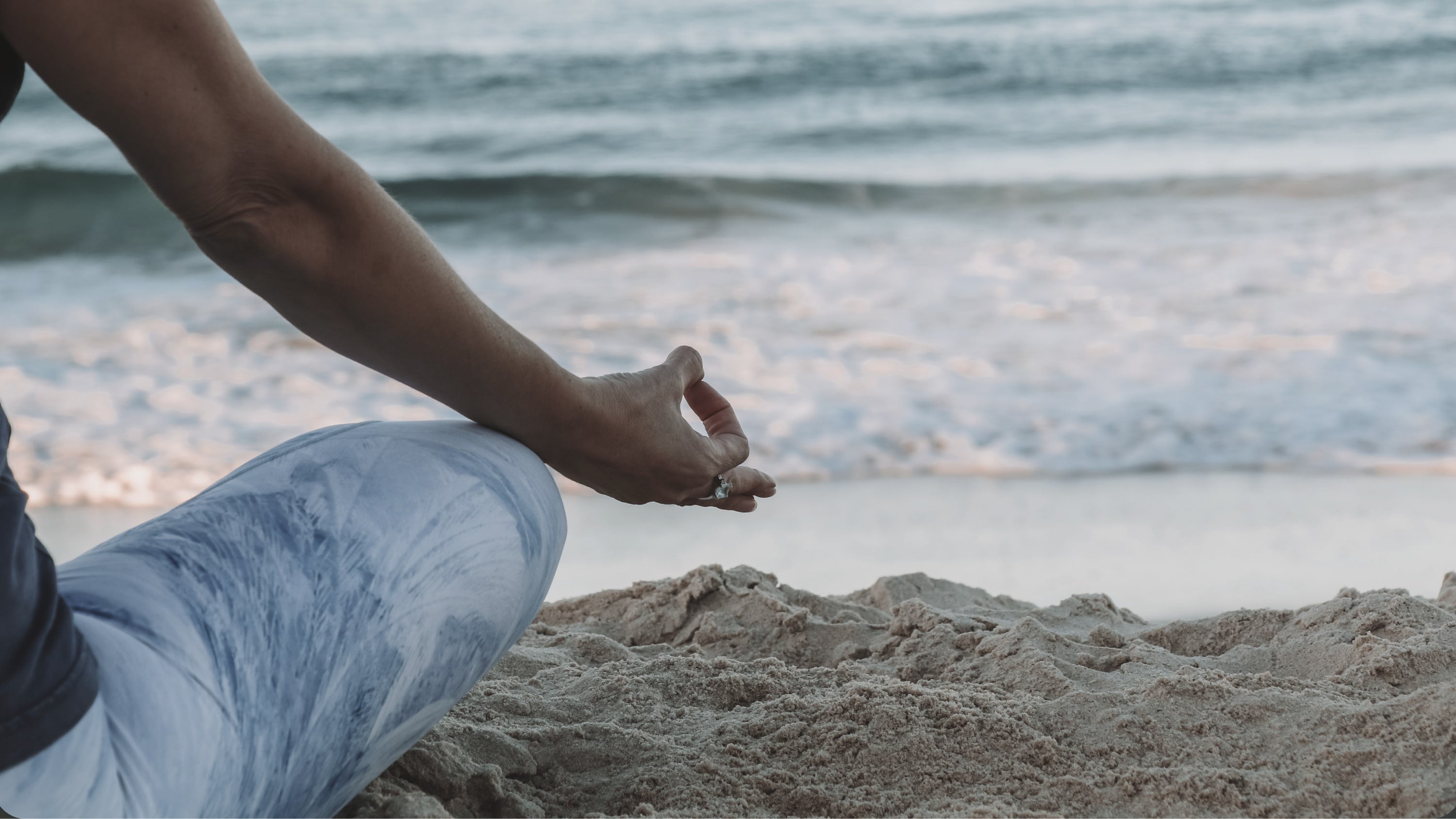
It's easy to think of reasons why we can't meditate: lack of time, lack of ability, lack of attention, or even all of the above. Meditation is one of those things that constantly reminds us how good it is for us, but for those of us who don't yet have a meditation practice, it can be daunting to get started.
The good news is that meditation is really simple. It's helpful to remember that you're not expected to start at the Dalai Lama's skill level. You're not even expected to have a perfectly clear head while doing it. Once you remove the pressure and expectations on yourself, it becomes much easier.
How to meditate
A common mistake about meditation is thinking that practicing it is emptying your head of all thoughts. "Don't think anything, don't think anything, don't think anything," sound familiar? But the truth is that meditation is the practice of paying attention to the feelings and sensations that your body and mind are experiencing at that very moment.
While you meditate, your mind will naturally wander. Maybe you think about your to-do list for the day, something awkward you said on the phone last night, or the sound of the jackhammer at the construction site across the street (which you can then curse in your head). Psychotherapist and yoga teacher Lauren Taus says the important thing is to welcome what is here, allow the emotions to move through us, and not defensively block the flow.
The benefits
In short, the benefits are numerous. It's amazing how one simple act can have so much positive impact: reduce stress and anxiety, promote calm, clarity, focus and productivity, prolong attention span, improve sleep and increase overall happiness...
Consider meditation as another tool in your mental health toolbox. Meditation not only works to improve your current state, but it also increases your resilience for future stress.
Tools
While the only two things you really need are air in your lungs and a comfortable place to sit, here are some other tools you can explore to improve your practice if you need additional guidance.
Grab a yoga block
Lauren Taus recommends placing a yoga block between your shoulder blades to "lift your chest and let your heart open." Many of us sit at a desk from nine to five, and this posture can help you open up.
Add CBD to your routine
To help calm yourself before beginning your meditation practice, use Upani about 30 minutes beforehand. On a regular day, you can strengthen and deepen your practice. On more stressful days, it can help you relax when you have trouble concentrating.
Try a meditation app
Whether you're a beginner or a seasoned expert, apps like Headspace, Calm, Happy Not Perfect, Insight Timer, and WAVE Meditation, which combine music and guided sessions, are a great way to organize your practice.


